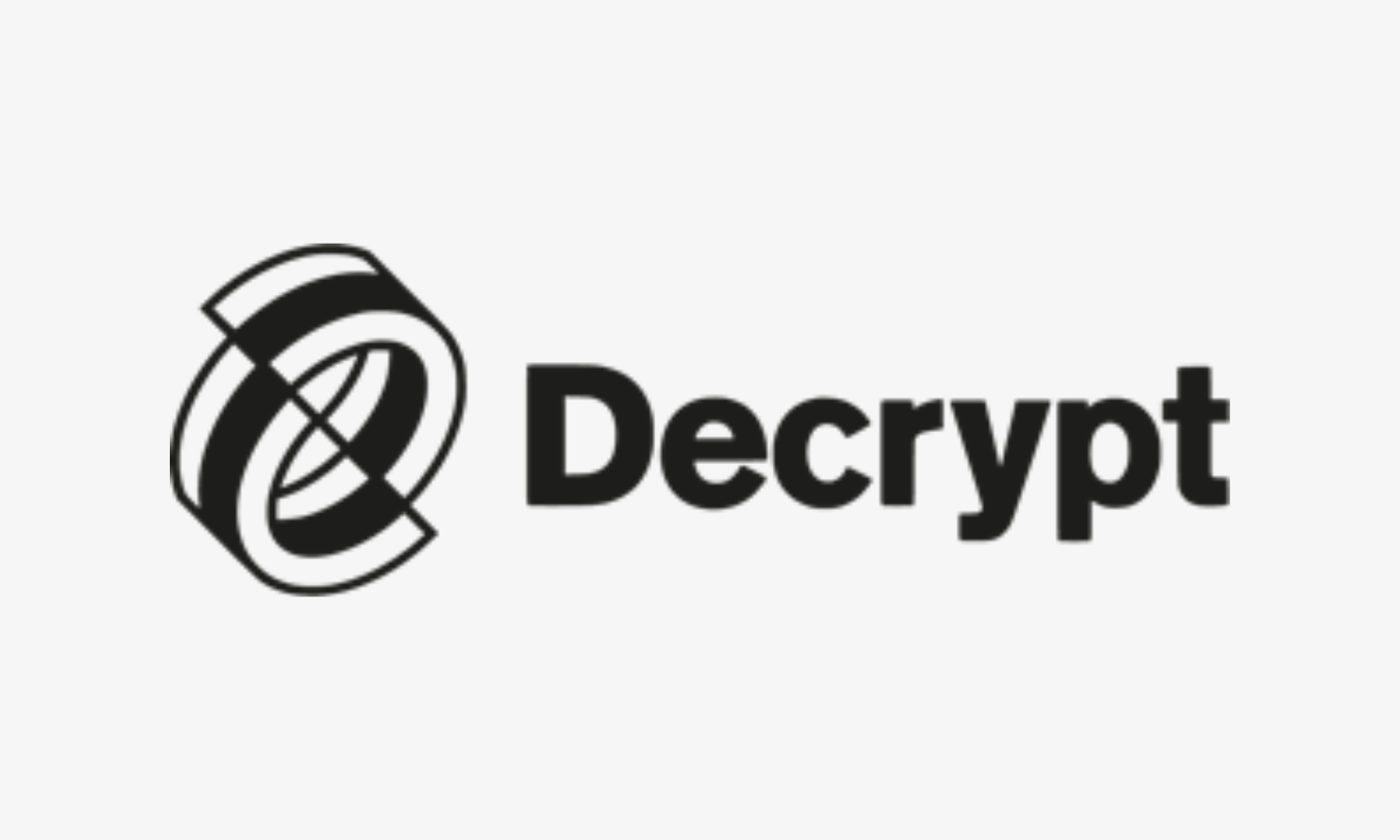Theo Raises $20M to Bring Hedge Fund Strategies to Retail Crypto Traders

Crypto infrastructure startup Theo has bagged $20 million to bring Wall Street-grade trading strategies to everyday investors.The funding round—led by Hack VC and Anthos Capital—drew backing from some of the biggest names in traditional finance, including Citadel, Jane Street, and JPMorgan, alongside crypto-native players like Mirana Ventures, Flowdesk, and Selini Capital.Theo’s team plans to use the newly raised funds to build institutional-grade trading infrastructure offerings for less tech-savvy users who want to explore a broader range of trading opportunities. “Theo allows anyone to benefit from the same tools used by elite firms, without needing to manage multiple exchange accounts or write code,” Theo co-founder Abhi Pingle told The infrastructure provider aims to serve users who want to preserve capital, earn yield, and access more “sophisticated” trading opportunities compared to those offered through staking or static products from decentralized-finance platforms, Pingle added. Those “sophisticated” strategies include high-frequency arbitrage, cross-exchange funding rate optimization, and delta-neutral hedging techniques, which hedge funds frequently employ.Delta-neutral strategies aim to offset the directional risk of an asset’s price movement by balancing long and short positions so that the portfolio’s overall delta—the sensitivity to price changes—is zero.Theo’s bid to democratize access to advanced strategies comes as retail traders have flocked to the largely unregulated DeFi sector over the past two years, particularly after a series of token launches by The number of unique crypto wallet addresses interacting with DeFi protocols jumped 120% to 15 million from 2022 to 2023, according to Although cryptocurrency trading has traditionally posed significant risks to users, limiting digital asset adoption, Theo has built-in guardrails to ensure users “never touch leverage or trade directly,” Pingle told “It’s institutional access without institutional risk,” Pingle said.Instead, users allocate funds to vaults where execution, risk controls, and capital limits are enforced by a set of validator nodes that verify transactions and secure the network.Edited by

Published on Other News Site















